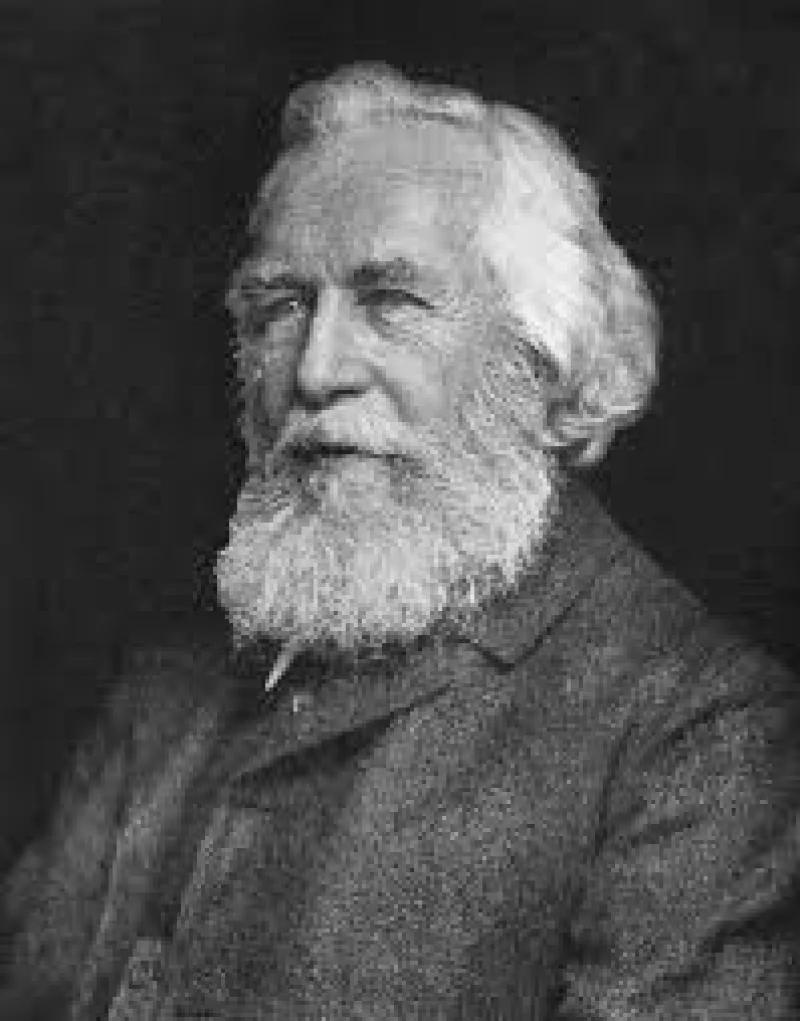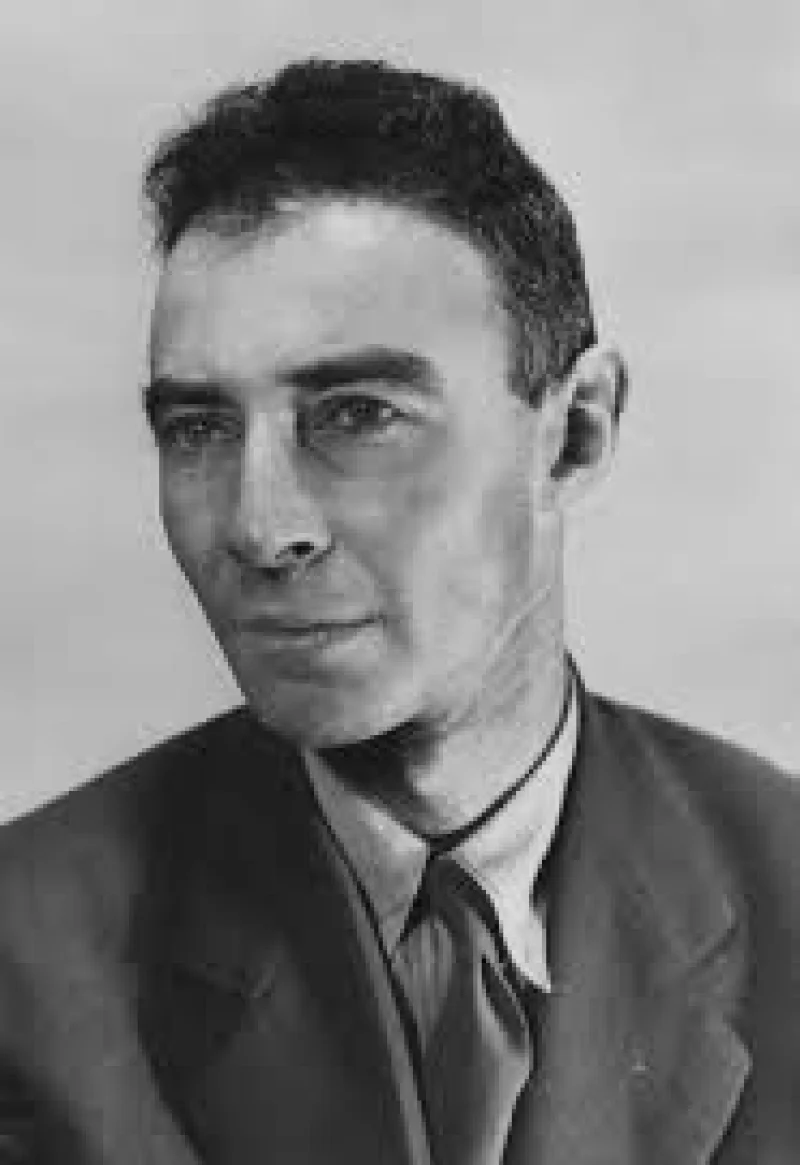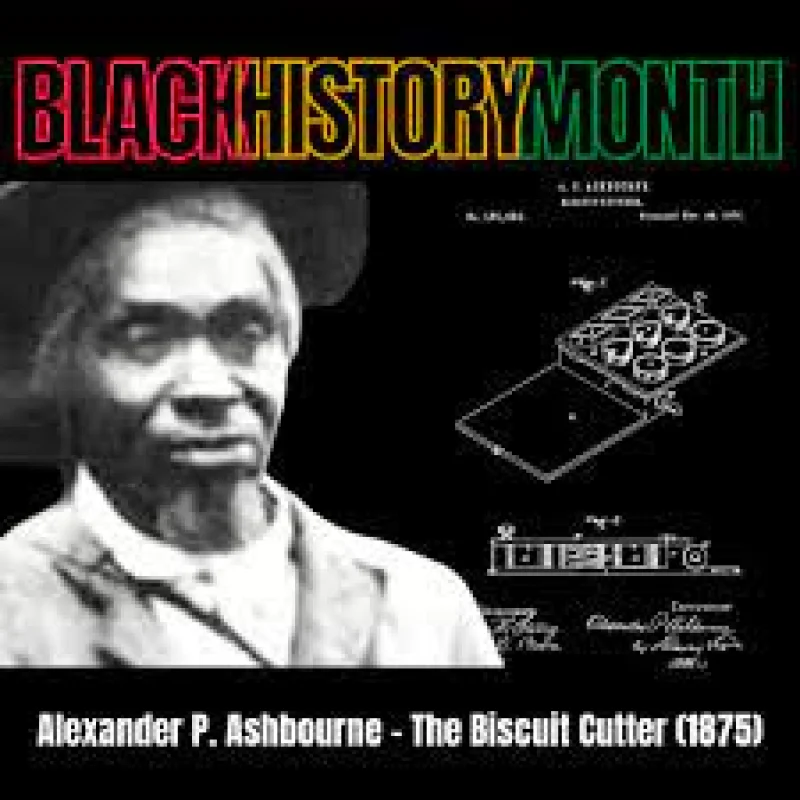Short Summary
Ernst Haeckel was a prominent German biologist, naturalist, and philosopher known for his contributions to the field of evolutionary biology. He popularized Charles Darwin's theories in Germany and introduced numerous scientific terms still in use today, such as "ecology" and "phylogeny." Haeckel's work extended beyond biology into the realms of art and philosophy, influencing both scientific and cultural discourse with his detailed illustrations and philosophical interpretations of nature.
Early Life & Education
Ernst Haeckel was born on February 16, 1834, in Potsdam, Prussia. He was raised in a well-educated family, with his father serving as a government official. Haeckel showed an early interest in the natural sciences, which was nurtured by his family and the intellectual environment in which he grew up. He pursued his education at the University of Berlin, where he initially studied medicine. However, his passion for natural history led him to shift his focus towards zoology and comparative anatomy, studies that would lay the foundation for his future contributions to evolutionary biology.
Career Highlights
Haeckel's career was marked by his extensive work in zoology and his fervent advocacy of Darwinism. He held a professorship at the University of Jena for many years, where he conducted significant research and taught generations of students. Among his notable contributions was the "biogenetic law," which postulated that the development of an individual organism (ontogeny) mirrors the evolutionary development of the species (phylogeny). Haeckel was also renowned for his artistic skills, producing detailed and aesthetically striking illustrations of marine life that remain influential in both scientific and artistic spheres.
Major Achievements
- Coined the term "ecology," defining the study of organisms' relationships with their environment.
- Introduced the concept of "phylogeny," which describes the evolutionary history of organisms.
- Authored several influential books, including "The Evolution of Man" and "Art Forms in Nature."
- Developed the "biogenetic law," which, although controversial, spurred significant discussion in evolutionary biology.
Famous Quotes
- "Politics is applied biology."
- "Man is not above nature, but in nature."
Interesting Facts
- Haeckel's artistic work influenced the Art Nouveau movement with his intricate depictions of natural forms.
- He described thousands of new species, particularly marine organisms, and contributed extensively to taxonomy.
- Haeckel's philosophical ideas helped to popularize scientific concepts among the general public, blending science and philosophy.
Legacy / Influence
Haeckel left a lasting impact on the fields of biology and ecology, with his terminology and concepts still widely used today. His work significantly contributed to the popularization of Darwinian evolution in Germany and beyond. Additionally, his interdisciplinary approach, combining art and science, continues to inspire both scientific inquiry and artistic expression, illustrating the interconnectedness of these fields.
FAQ
Q: Why is Ernst Haeckel famous?
A: He is famous for his contributions to evolutionary biology and for coining important scientific terms like "ecology" and "phylogeny."
Q: What is the biogenetic law?
A: It is a hypothesis suggesting that the development of an individual organism mirrors the evolutionary development of its species.
Q: How did Haeckel influence art?
A: His detailed biological illustrations influenced the Art Nouveau movement and bridged the gap between art and science.












